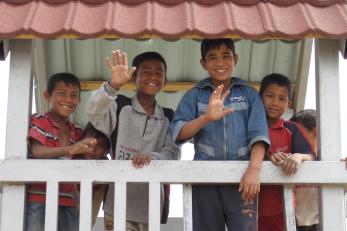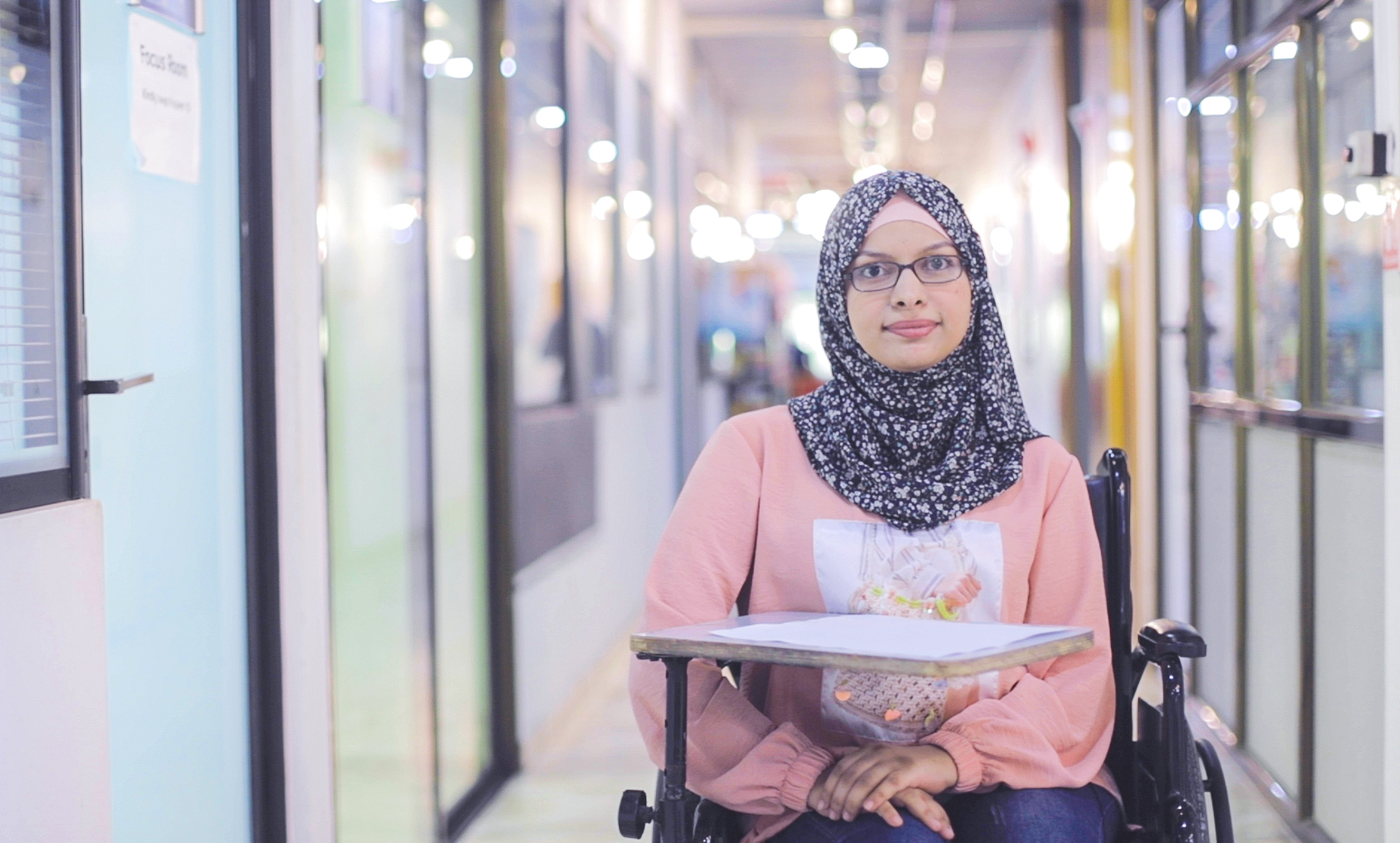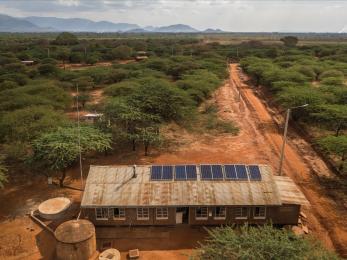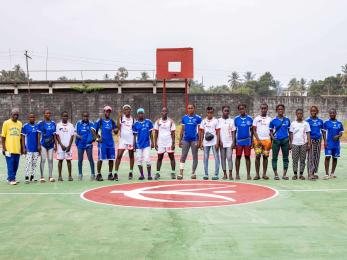Remembering the importance of “community” in community development

Mercy Corps has been in Iraq’s four southernmost provinces — Basra, Maysan, Muthanna and Thi Qar — since 2003, implementing the USAID-funded Community Action Program. Far from Baghdad, the area has experienced years of neglect from the central government, but is now poised to play a vital role in the international oil sector — particularly Basra, which sits atop some of the world’s largest oilfields. It’s an interesting environment, to say the least.
In the aftermath of years of war, insecurity and instability, southern Iraq is in great need of basic infrastructure development and improvements. And Mercy Corps is working with communities and their local government on hundreds of projects like this every year — pedestrian bridges that allow access to central markets and economic opportunity; repaving roads that connect villages to social services; and rehabilitation of water and electricity networks. All of these projects are identified and prioritized on the grassroots level, in the form of peer-elected Community Action Groups, which represent the communities themselves: development solutions coming from the ground up, not being handed down.
However, sometimes what a community wants most is a return to normalcy.
When students don’t have a suitable space for extracurricular activities, that threatens their education. When families don’t have anywhere to spend leisure time, particularly in the hot season, when it’s only tolerable to be outside at night — that threatens community cohesion. And when children don’t have a safe place to play, that threatens their growth and development.
So in addition to infrastructure development, communities often identify needs such as refurbishment of a theater hall for hosting art and cultural events, or the outfitting of a playground or sports field.
These types of projects — because they come from the people themselves — are a reminder that, even in the face of great need, it’s crucial not to forget a community’s way of life. Development doesn’t just have to happen on a physical or economic level, but on a social level as well. Mercy Corps and the USAID/Iraq Community Action Program help communities do all of this.


